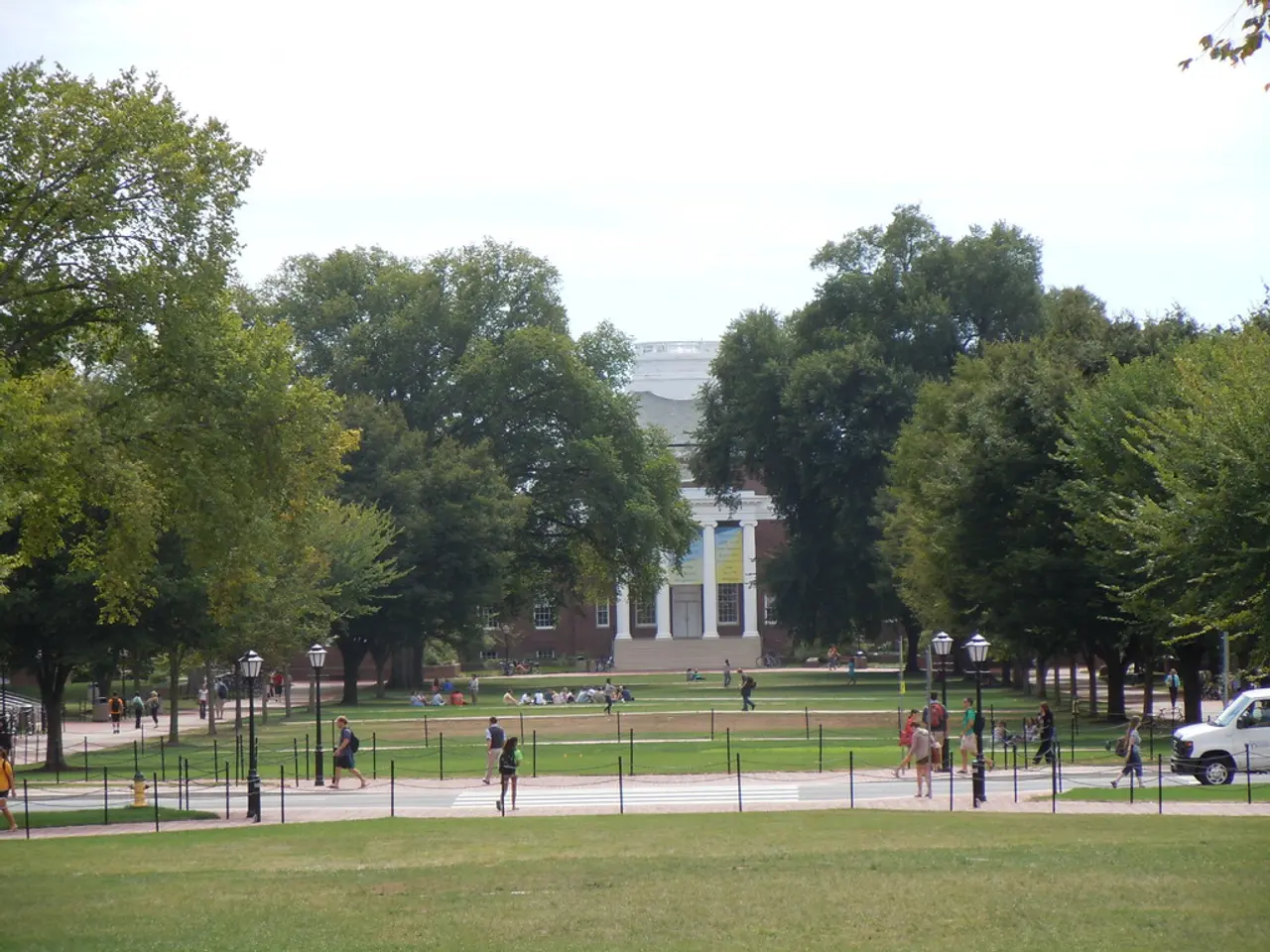Federal Government under Tinubu's Leadership Prohibits Establishment of New Federal Universities, among Other Projects, for a Duration of Seven Years
In a significant move to address the pressing issues in Nigeria's education sector, the federal government has announced a seven-year moratorium on the establishment of new federal tertiary educational institutions. This decision, made by the Minister of Education, Tunji Alausa, aims to tackle concerns of duplication, underutilization, poor infrastructure, and declining quality in the higher education sector.
Reasons for the Moratorium
The moratorium is designed to prevent the duplication of institutions, which leads to overstretched resources and deterioration of both infrastructure and manpower. Many federal universities operate well below their capacity, with some having very low student enrolment compared to staff numbers, wasting government resources.
In addition, the moratorium aims to address the issue of declining academic quality due to insufficient funding and lack of proper infrastructure. This decline has been a concern, leading to graduate unemployment and skills mismatch issues. The education system's current challenge, according to Alausa, is less about access and more about improving the quality and efficiency of existing institutions rather than proliferation.
Impact and Implications
The moratorium allows the government and education authorities to redirect resources towards upgrading existing institutions, improving infrastructure, expanding capacity, and developing manpower to enhance teaching quality and graduate readiness for the labor market.
The intention behind the moratorium is to focus on developing the quality of existing institutions and address a major decline in both infrastructure and workforce quality. By doing so, the government hopes to restore and maintain the global respect for Nigerian education and graduates.
The moratorium extends to new private tertiary institutions as well, ensuring compliance with new standards before approval. This move aims to prevent the establishment of tertiary institutions as political projects, promoting merit-based and sustainable development in education.
The policy reflects a strategic and pragmatic shift from quantitative expansion to qualitative enhancement in Nigeria’s tertiary education sector. Alausa cited examples of inefficiencies and waste in the system, such as a federal university with fewer than 800 students but 1,200 staff.
In the 2024/2025 academic session, 199 universities had fewer than 100 candidates applying through JAMB, and 34 had zero applicants. Similarly, 295 polytechnics, both public and private, had fewer than 100 applicants, while 64 colleges of education recorded zero applicants.
The announcement was made by the Minister of Education, Tunji Alausa, after a meeting of the Federal Executive Council (FEC), led by President Bola Tinubu. Alausa thanked President Tinubu for his "political will and commitment" to education.
This policy shift underscores the government's commitment to improving the quality of education in Nigeria and ensuring that the country's graduates continue to command international respect.
Read also:
- Krafton countersues Unknown Worlds, asserting that Subnautica 2 posed a threat of significant damage to their entire franchise, similar to the potential harm Kerbal Space Program 2 supposedly inflicted.
- Ontario falls short by a small margin in delivering the goal of four hours daily care for long-term care residents.
- "Thrilled response" from animal rights organization following cessation of canine testing at London, Ontario healthcare facility
- Top-Notch Weed Killers for Fences in 2025: Efficient Boundary Management Solutions for a Clean Fence Line




